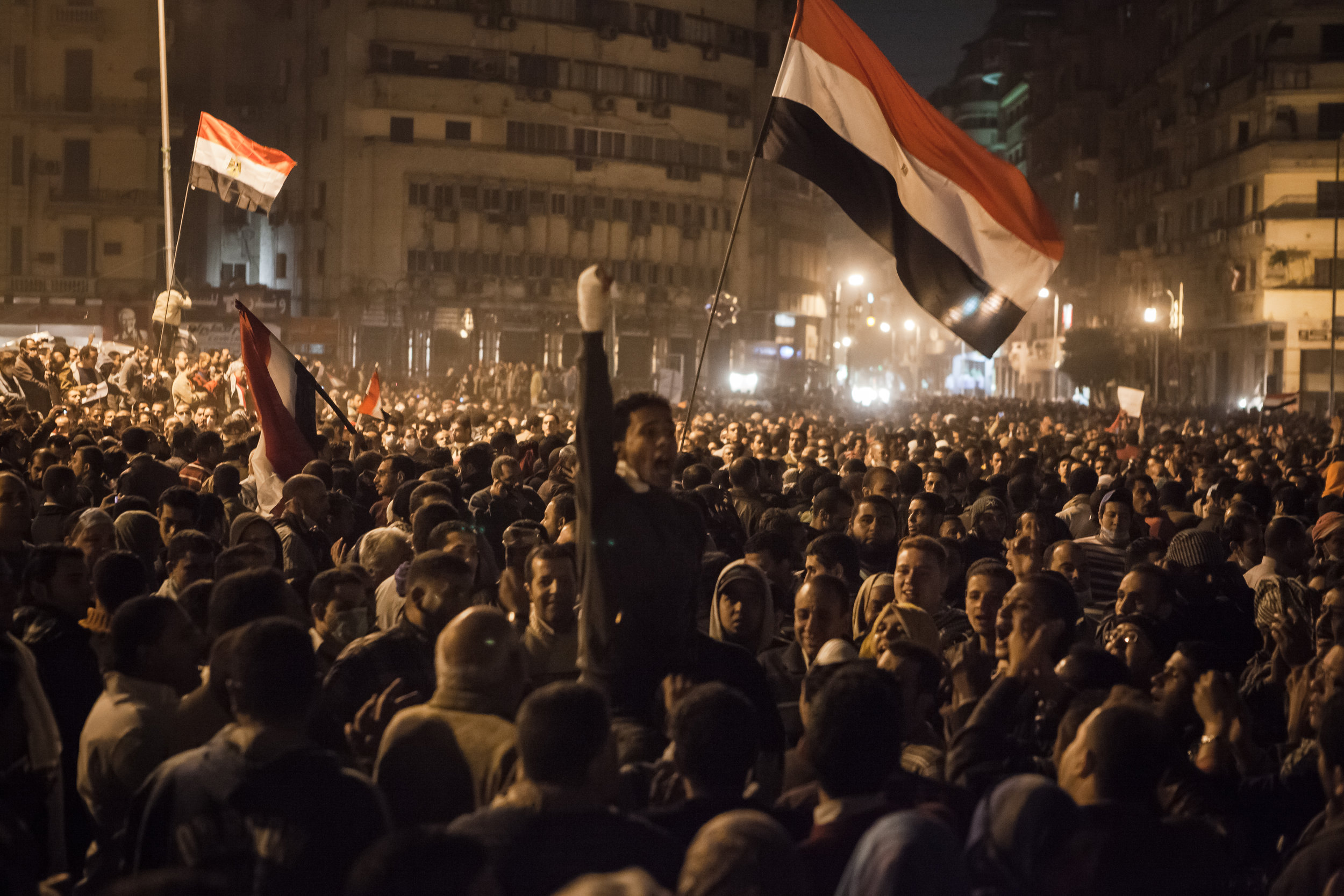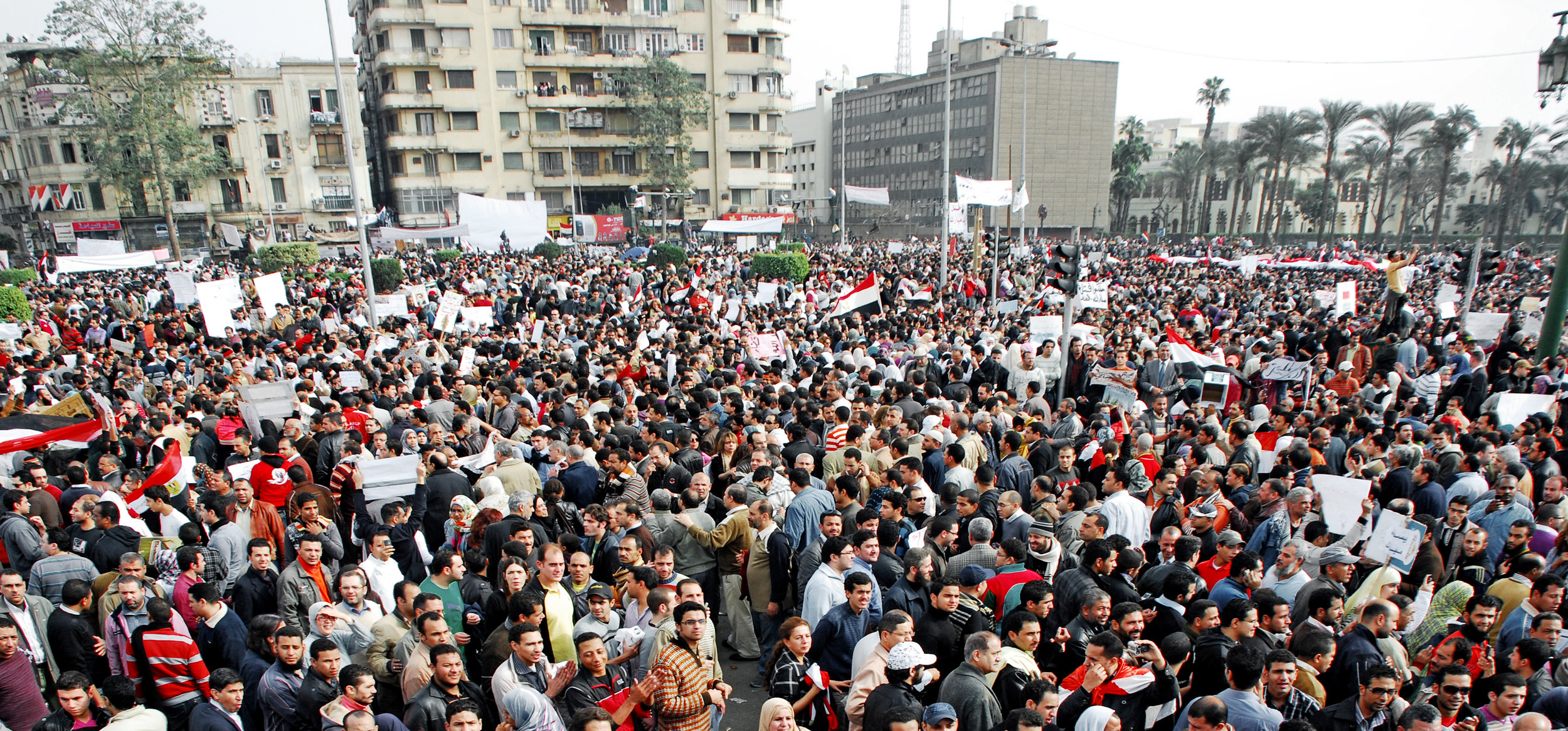
Blog
Multiculturalism, Religion and Social Peace in Australia.
Australian multiculturalism has been successful in managing diversity. However, given the new complex realities we live in, it simply cannot continue unchanged. Two key reforms are needed at macro and micro levels. The former will be at the level of a federal legislative act and the latter would require a tectonic policy paradigm shift.
Resilience of Carthage has lessons for Tunisia's leaders.
The recent terrorist attack on the Bardo Museum in Tunis represents yet another episode of senseless barbaric violence in the name of Islam.
Growing up in Tunisia, political violence in general and terrorist attacks in particular were rare despite living under a suffocating political regime. I visited the Bardo Museum on numerous occasions; most recently in 2014 as part of a collaborative research project on the critical role of cultural heritage.
Social media – a powerful tool against terrorism.
Social media role in fight against global terror must be recognised and matched as IS wields new weapons
We live with a constant overflow of media stories warning of the dangers surrounding us; from plane crashes and natural disasters to violent conflicts and terrorist attacks edging closer to home. All of which are unsettling and anxiety-inducing, but it is perhaps the latter that we feel most vulnerable to, and concerned by, as we try to understand why Australians, in particular teenagers, are embracing what seems to be a cult-like, nihilistic ideology of death and destruction.
A typology of the potential for 'democracy consolidation' across the Arab Spring countries.
It has been more than three years since a series of protests and uprisings in North Africa and the Middle East ushered a new sets of dynamics that promised more freedom, economic prosperity, dignity and democracy. Some analysts view the Arab Spring as a critical and significant challenge to the status-quo, even for countries in which old regimes were not toppled nor critically threatened.
UNESCO's role as a promoter of international solidarity and social peace
I had the honour last week of giving the inaugural lecture within the recently established UNESCO Chair for Cultural Diversity and Social Justice at Deakin University. I will write about the key theoretical arguments in the lecture in a separate post, but wanted to say a few words about the importance of international agencies such as the UNESCO in promoting and sustaining international peace and social harmony. UNESCO, among all UN agencies, is theprime vehicle for building higher institutions’ capacity in specific areas of scholarship through exchange, collaboration, knowledge transfer and sharing in the spirit of international solidarity.
The challenge of reconciling cultural diversity and social justice
Social justice theories are not a feature of twentieth century academic endeavours. They indeed were the cornerstone of ancient Greek philosophy and featured prominently in subsequent civilisations including the early Islamic empires where constitutional arrangements were introduced to accommodate religious minorities.
Toppling of Egypts Morsi is Indicative of the Challenges ahead for Arab Spring Countries
The removal of Egypt’s president Mohamed Morsi has done nothing to heal a deeply divided nation and an even more polarised political class. One of the many questions that will persist for some time is whether this was really a ‘military coup’ in the classical sense or whether it was ‘people power’ driven by mass demonstrations and enacted by the military.But this is a mere sematic debate that does not advance any particular practical argument, nor does it change a fundamental reality: that is any political action should always be judged by its outcome first and foremost and not simply by its discursive construction
'Democratic Project in Crisis following the ousting of Egypts President Morsi
Egyptians and observers worldwide just woke up to the shocking but not un-expected news of the ousting of President Mohammed Morsi, the first ever democratically elected president in Egypt. Depending on which camp you align with, this is either a correction and restoration of the democratic project initiated following the overthrow of former president Hosni Mubarak just over 29 months ago, or simply a military coup against a legitimate President whose only crime is that he isan ‘Islamist’ president representing the ‘Justice and Freedom’, the political arm of the Muslim Brotherhood.








